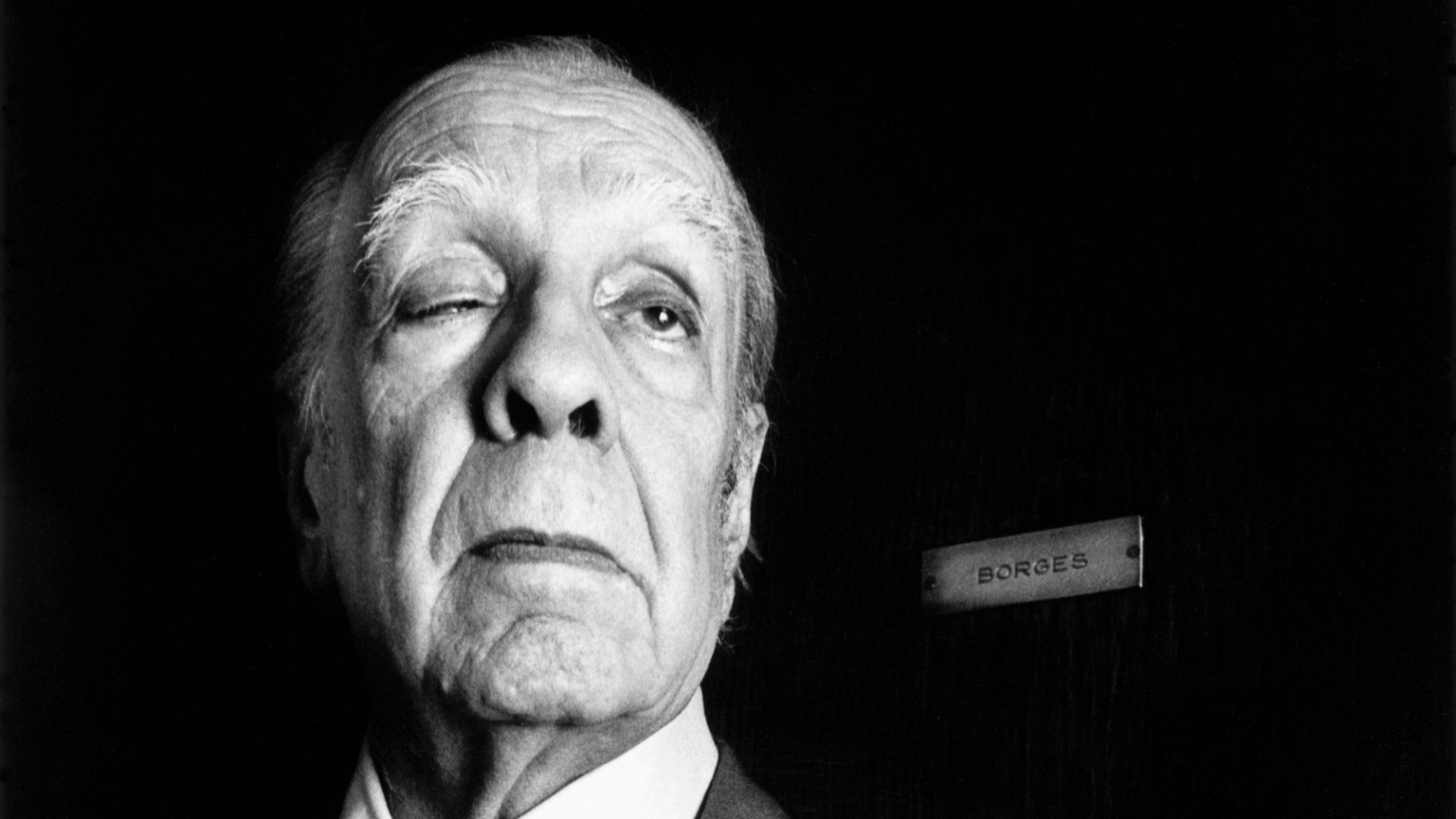The humiliating return of Zia Yusuf to Reform, 48 hours after quitting in protest at new MP Sarah Pochin’s call at prime minister’s questions for a nationwide ban on the burqa, speaks volumes about the party’s internal wranglings – and the concerns of some about whether Nigel Farage will be its leader in the long term.
Farage and Yusuf saw the burqa ban – not official party policy – as a far right talking point that would limit Reform’s attempts to appeal to voters in the centre. Influential MP Lee Anderson was in favour, being wary of the danger posed by a new party being planned by ex-Reformer Rupert Lowe that is likely to focus even more on migration and Muslims. Deputy leader Richard Tice, as ever, hedged his bets.
Anderson was outraged when the then-chairman described Pochin’s question as “dumb”, and shared only a curt “onwards” message after he resigned. Yusuf is thought to have apologised to both Pochin and Anderson as part of his return. Whether he himself will get an apology from Arron Banks is another matter.
Banks, the combative multi-millionaire who is a close Farage ally, appeared in celebratory mood when Yusuf quit, writing on X: “Astonishing that everyone thinks they are responsible for the meteoric Reform rise… Zia worked very hard but struggled with relationships and people. The corks will be popping in party HQ this evening.” Yet the pair are now supposed to work alongside one another in Reform’s laughable copy of Elon Musk’s failed DOGE.
Underpinning all this are worries in some quarters about Farage’s durability. The Clacton MP professed himself so exhausted after the local elections that he had to take a holiday even though parliament was still in session.
He seems unwilling to give up a series of lucrative but tiring side hustles that have seen him make nearly £1m from non-Westminster activities since finally becoming an MP, so jockeying for position has begun in the expectation that Farage will quit and concentrate on media work if he fails to become prime minister at the next general election – or perhaps even before, should the party’s poll leads begin to fade.




